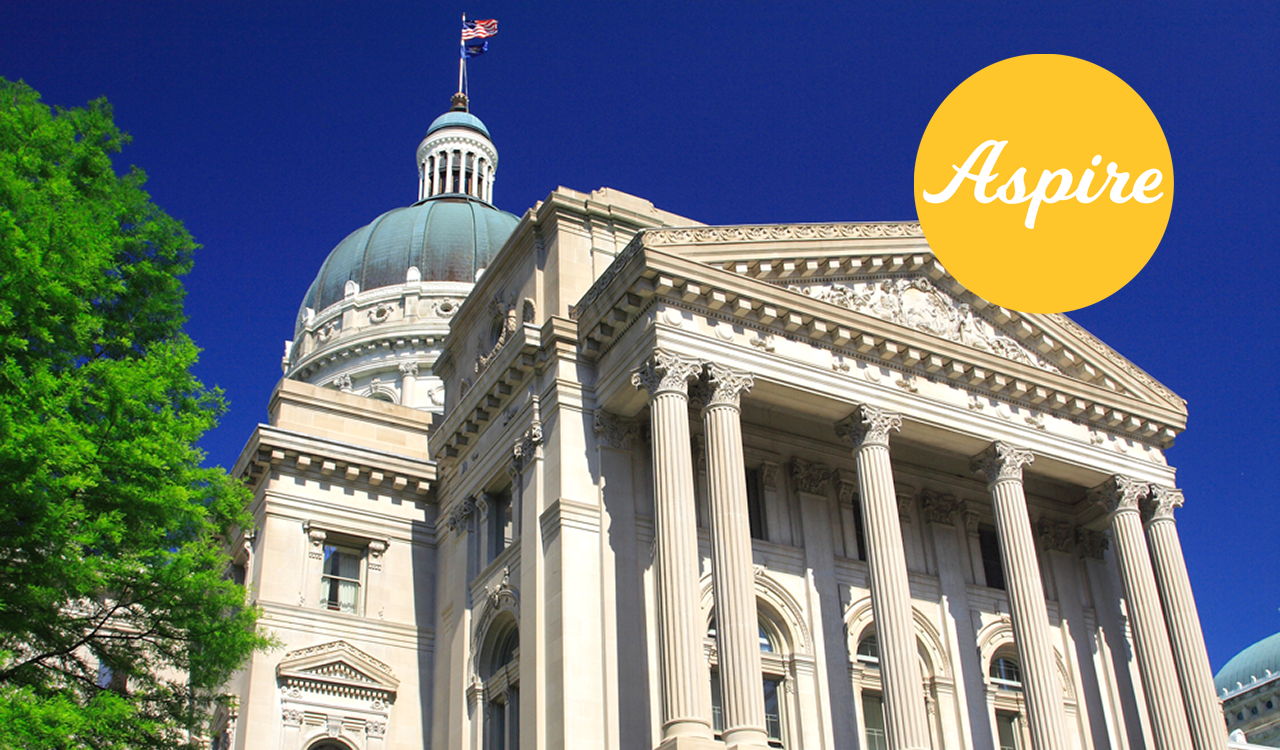House and Senate Take Different Approaches to Employer Regulation and Taxation

We are already nearing the halfway point of the 2022 legislative session. Committee report deadlines are this week – January 25 in the House and January 27 in the Senate – which means bills that do not receive a hearing by these deadlines are considered dead for the session. Here are updates on Aspire’s top issues along with other bills of interest.
Ending the State of Emergency and Regulating Employers’ Health and Safety Practices
We reported last week that HB 1001 was amended on the floor to modify the language that effectively utilized the state’s unemployment insurance system to punish individual employers who terminate employees for not complying with the company’s COVID health and safety policies. The original language would have made it so that an individual employer’s unemployment insurance tax would go up to cover the benefits paid to the terminated employee. Sadly, the final bill that passed out of the House and on its way to the Senate still provides benefits to employees who choose not to follow their employer’s policies and pays this out of the unemployment insurance system trust fund, which spreads the benefit-cost among all employers.
Meanwhile, on the Senate side, the Senate Health Committee heard SB 3 which includes language to end the statewide health mandate but does not include the employer vaccine mandate language. SB 3 is our preferred approach to ending the state of emergency because it does not burden employers with additional regulation and cost. We understand there is no appetite in the Senate for the employer regulations portion of HB 1001 and suspect the Senate will strip that language when the bill comes to them. Likewise, we suspect the House will amend SB 3 to add their preferred employer regulations when they received it. We expect this will lead to negotiations at the end of sessions where both chambers will need to reconcile their differences. We are on team Senate.
Transit Development
In another priority issue for Aspire, we have been keeping an eye out for legislation that would hamper public transportation development in the Indy region. SB 369 would prohibit future dedicated bus lanes outside the Mile Square in downtown Indy. SB 369 was assigned to the Senate Rules Committee and has not yet received a hearing. This Thursday is the hearing deadline and as of this writing, it has not appeared on the agenda. As we have in the past, Aspire supports the development, availability, and accessibility of public transportation options. We will continue to watch other bills for damaging language.
New Sales Tax on Services
Last week we raised the alarm that HB 1083, if enacted, would begin assessing sales tax on services and asked local businesses to tell us how this might impact your operations and revenue. We thank our small businesses who raised their voice on this matter. The bill received a committee hearing but no vote. We are optimistic no vote will be taken and will continue to monitor the matter and express our concerns with legislators. Aspire opposes any efforts to expand the sales tax to service transactions.
Business Personal Property Tax (BPPT)
Several bills were filed this year to reduce the business personal property tax in Indiana. Some original plans sought to abolish it completely. The prevailing bills seek to modify it. SB 378 would increase the acquisition cost threshold to trigger paying BPPT from $80,000 to $250,000 and includes language that lowers the 30% maximum depreciation floor on all current and future equipment. HB 1002 passed the full House by a vote of 68-25 last week. This bill removes the 30% floor for all new purchases, which is one of Governor Holcomb’s legislative priorities and lowers the individual adjusted gross income tax rate from 3.23% in 2022 to 3% in 2026 and thereafter.
Local business leaders say they support reducing BPPT liability. Enhancing Indiana’s business tax climate is always a promising idea. But we must be mindful of the cost. Cities and towns, which collect the BPPT revenue, are critical economic development partners because they use local tax income to develop parks, trails, pools, and other community improvements. In the current battle to attract and keep workforce talent, our local communities must have ample resources to enhance the quality of life. Any discussion of reducing BPPT should be accompanied with long-term support to local taxing districts to replace this lost revenue.
